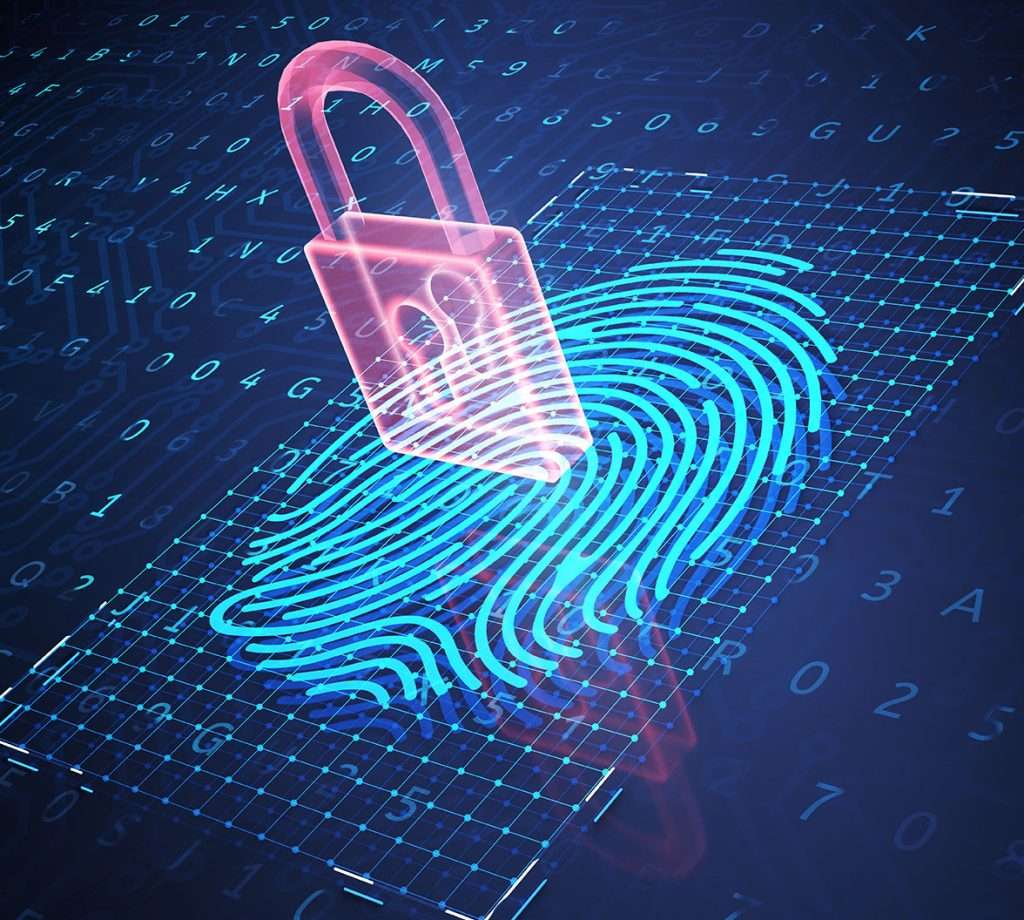Tunisia’s push for biometric IDs raises concerns over data privacy

Tunisia’s proposal for biometric identification sparks controversy while Morocco’s IDs appear to be advantageous, according to The National.
Tunisia’s bill to introduce biometric IDs was mentioned in a public debate on 29th January, where MPs requested that the government provide technical and legal security to ensure the protection of private data.
Initially proposed in 2015, the bill was rejected due to a lack of parliamentary consensus concerning the data protection laws. In June 2020, the bill was proposed a second time but was never passed due to President Kais Saied’s suspension of parliament in July 2021.
While cyber security experts such as Cherif El Kadhi regard biometric databases as “the biggest risk and violation of private data,” some Moroccan citizens who have held a biometric ID, since the introduction in 2019, praise its convenience.
Student affairs adviser, Mohamed Anoir El Banina, a dual citizen of Tunisia and Morocco claims that his Moroccan ID “has spared me a lot of effort while going through administrative procedures.”
READ: Morocco aims to be “regional leader in the tech space”
Mr Banina revealed that the encrypted card allows him to “check on my accounts online, order stuff, and pay bills.”
The Moroccan national identity card will soon have the option to add personal health data, such as patient number and social security number to the electronic card chip.
Despite the advantages of the biometric ID, Mr El Kadhi highlights the potential risks, stating that the database could be susceptible to hackers who could leak or sell the data on the dark web.
READ: 35 Jordinians hacked with Pegasus spyware
Furthermore, Mr El Kadhi suggests that a singular database containing biometric data could enable the government to stringently police its citizens. Since 2015, France’s Interior Ministry had utilised Briefcam, an Israeli facial recognition software, to monitor its citizens, despite the country’s progressive personal privacy safeguards.
A report from a US-based cybersecurity company, Resecurity, revealed that in October 2023, hackers had released 800 million Indian names, phone numbers, addresses and passport details onto the dark web after accessing India’s biometric ID system.
Mohamed Ali, vice president of the Tunisian parliament’s rights and freedoms committee brought to light the harrowing cost of the implementation of a biosecurity system. As Tunisia already faces a deficit in public funds, it is unlikely that the country would be able to fund the predicted $19 million to subsidise the project.
The National
Want to chase the pulse of North Africa?
Subscribe to receive our FREE weekly PDF magazine













